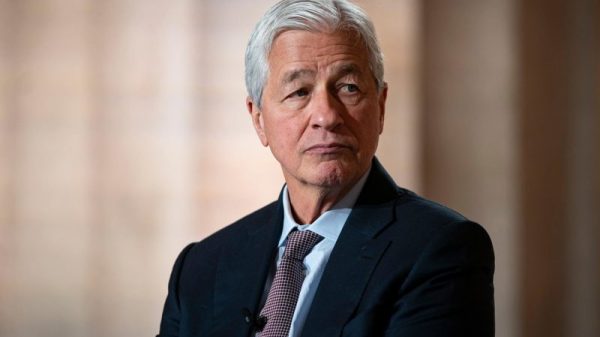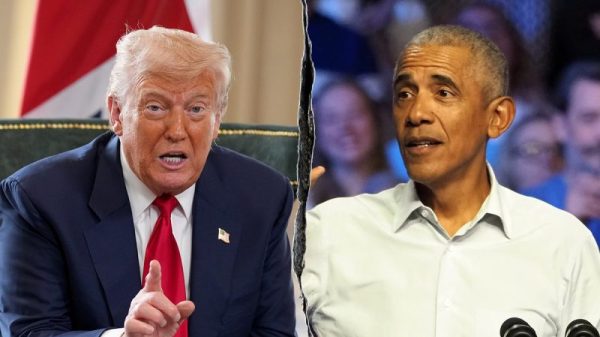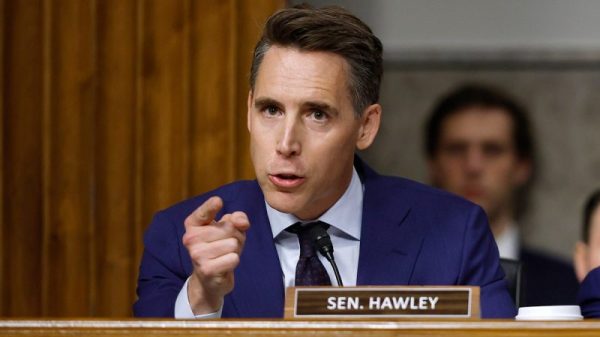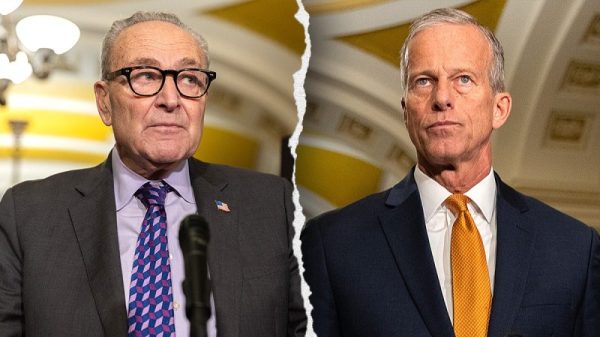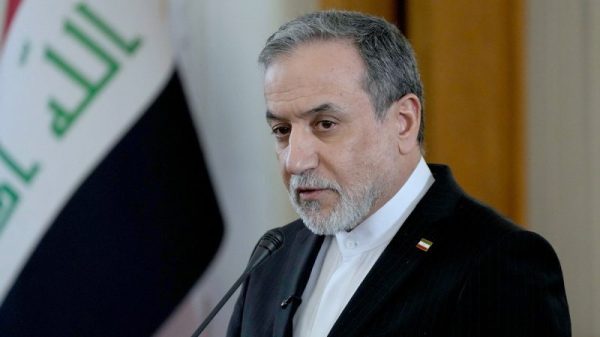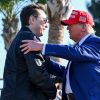Last week several reports suggested the termination of a US-Saudi petrodollar agreement, and speculated a Saudi Arabian move to sell oil on world markets in various currencies, including the Chinese yuan. The accounts were rife with inaccuracies: the Saudis’ have transacted in non-dollar currencies for decades, and there has never been a formal treaty, much less with a specified expiration date, governing the loose arrangement that has come to be called the ‘petrodollar system.’
But even the fragments of broken mirrors reflect reality, and despite their fundamental errors a significant trend is in evidence: Saudi Arabia is progressively reducing its dependence on the United States. Quite possibly reflective of its recent admittance to the expanded BRICS block it is exhibiting a greater inclination to settle oil transactions in currencies other than the US dollar. Owing to the US and Western Europe’s increasingly entangled alliances, and its own efforts to diversify away from dependence upon energy exports, Saudi Arabia has been increasing its diplomatic and economic engagements with China, Iran, Russia, nations considered primary US foreign policy adversaries. Recent moves toward accepting non-dollar currencies reflects broader geopolitical shifts away from US currency hegemony.
The concept of the petrodollar, established in the 1970s, was an informal arrangement where Saudi Arabia agreed to sell oil exclusively in US dollars in exchange for US military protection and investment in US Treasury securities. In the immediate wake of the collapse of the Bretton Woods system in 1971, the arrangement bolstered the value of the US dollar and secured US military support for Saudi Arabia. It also ensured relatively consistent demand for US government debt, a windfall which five decades later has become a millstone of damning heft.
A handful of policy changes indicate departures from the heretofore entrenched framework. In January 2023, the Saudi finance minister announced the possibility of conducting trade in a broadening variety of currencies. This was followed by increasing oil imports from Russia and establishing a formal, fixed currency swap agreement with China. Best characterized as strategic realignments, Saudi Arabia has sought to forge flexible relationships with regional and rising global powers outside the sphere of American influence.
Myths and hyperbole aside, the weakening US-Saudi relationship is one instance amid a growing trend of diminishing US influence in global currency markets and international finance. It is a shift reflective of the weaponization of the dollar in early 2022 and a growing array of domestic policy choices which are rapidly destroying the dollar’s attractiveness. Certainly, and as has been said many times: these effects of these changes will not be seen or felt overnight. But developments emerging with increasing rapidity evince an ongoing decline in control, and reduced role, in over global financial and geopolitical matters.










